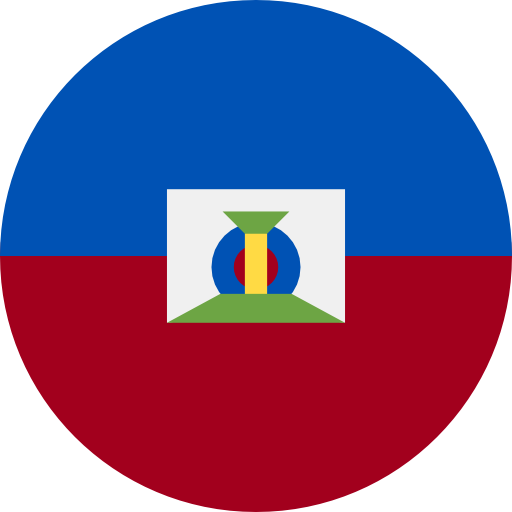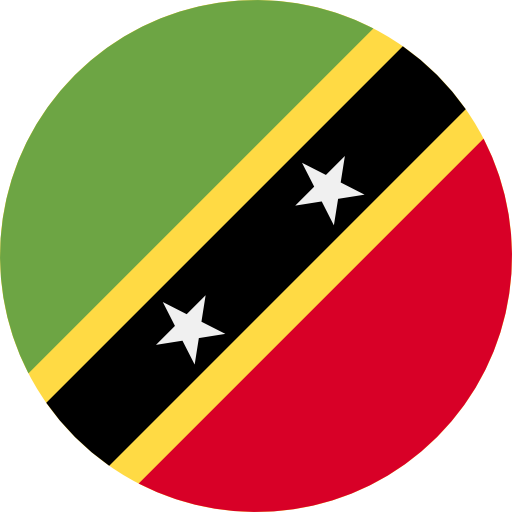Sunrise and Sunset times in Eastport, United States 
Today:
 Sunrise: 07:58:02 Sunrise: 07:58:02
|
 Sunset: 17:20:47 Sunset: 17:20:47
|
Day Length: 9h 22m 45s
Time zone: America/Moncton, UTC -4 h.
Latitude: 44.9137, Longitude: -67.0183
Eastport
Maine, United States 
1 267 people
| Date | Sunrise | Solar Noon | Sunset | Day length |
|---|---|---|---|---|
| 2026-Jan-01, Thursday | 08:05:54 | 12:31:43 | 16:57:33 | 8h 51m 39s |
| 2026-Jan-02, Friday | 08:05:55 | 12:32:11 | 16:58:28 | 8h 52m 33s |
| 2026-Jan-03, Saturday | 08:05:53 | 12:32:39 | 16:59:25 | 8h 53m 32s |
| 2026-Jan-04, Sunday | 08:05:48 | 12:33:06 | 17:00:24 | 8h 54m 36s |
| 2026-Jan-05, Monday | 08:05:41 | 12:33:33 | 17:01:25 | 8h 55m 44s |
| 2026-Jan-06, Tuesday | 08:05:31 | 12:33:59 | 17:02:28 | 8h 56m 57s |
| 2026-Jan-07, Wednesday | 08:05:18 | 12:34:25 | 17:03:32 | 8h 58m 14s |
| 2026-Jan-08, Thursday | 08:05:03 | 12:34:51 | 17:04:38 | 8h 59m 35s |
| 2026-Jan-09, Friday | 08:04:46 | 12:35:15 | 17:05:45 | 9h 0m 59s |
| 2026-Jan-10, Saturday | 08:04:26 | 12:35:40 | 17:06:54 | 9h 2m 28s |
| 2026-Jan-11, Sunday | 08:04:03 | 12:36:04 | 17:08:04 | 9h 4m 1s |
| 2026-Jan-12, Monday | 08:03:38 | 12:36:27 | 17:09:15 | 9h 5m 37s |
| 2026-Jan-13, Tuesday | 08:03:10 | 12:36:49 | 17:10:28 | 9h 7m 18s |
| 2026-Jan-14, Wednesday | 08:02:40 | 12:37:11 | 17:11:42 | 9h 9m 2s |
| 2026-Jan-15, Thursday | 08:02:07 | 12:37:32 | 17:12:57 | 9h 10m 50s |
| 2026-Jan-16, Friday | 08:01:32 | 12:37:53 | 17:14:13 | 9h 12m 41s |
| 2026-Jan-17, Saturday | 08:00:55 | 12:38:13 | 17:15:30 | 9h 14m 35s |
| 2026-Jan-18, Sunday | 08:00:15 | 12:38:32 | 17:16:48 | 9h 16m 33s |
| 2026-Jan-19, Monday | 07:59:33 | 12:38:50 | 17:18:07 | 9h 18m 34s |
| 2026-Jan-20, Tuesday | 07:58:49 | 12:39:08 | 17:19:27 | 9h 20m 38s |
| 2026-Jan-21, Wednesday | 07:58:02 | 12:39:25 | 17:20:47 | 9h 22m 45s |
| 2026-Jan-22, Thursday | 07:57:13 | 12:39:41 | 17:22:08 | 9h 24m 55s |
| 2026-Jan-23, Friday | 07:56:22 | 12:39:56 | 17:23:30 | 9h 27m 8s |
| 2026-Jan-24, Saturday | 07:55:29 | 12:40:11 | 17:24:53 | 9h 29m 24s |
| 2026-Jan-25, Sunday | 07:54:34 | 12:40:25 | 17:26:16 | 9h 31m 42s |
| 2026-Jan-26, Monday | 07:53:36 | 12:40:38 | 17:27:39 | 9h 34m 3s |
| 2026-Jan-27, Tuesday | 07:52:37 | 12:40:50 | 17:29:03 | 9h 36m 26s |
| 2026-Jan-28, Wednesday | 07:51:35 | 12:41:01 | 17:30:27 | 9h 38m 52s |
| 2026-Jan-29, Thursday | 07:50:32 | 12:41:12 | 17:31:52 | 9h 41m 20s |
| 2026-Jan-30, Friday | 07:49:27 | 12:41:22 | 17:33:17 | 9h 43m 50s |
| 2026-Jan-31, Saturday | 07:48:19 | 12:41:30 | 17:34:42 | 9h 46m 23s |
Day length in Eastport during the year on the chart:
Eastport on United States map:
Locations in the same time zone America/Moncton
Moncton (New Brunswick), Saint John (New Brunswick), Fredericton (New Brunswick), Charlottetown (Prince Edward Island), Edmundston (New Brunswick), Amherst (Nova Scotia)
Largest populated areas in United States
New York (New York), Los Angeles (California), Chicago (Illinois), Miami (Florida), Dallas (Texas), Philadelphia (Pennsylvania), Houston (Texas), Washington (District of Columbia), Atlanta (Georgia), Boston (Massachusetts), Phoenix (Arizona), Seattle (Washington), San Francisco (California), Detroit (Michigan), San Diego (California), Minneapolis (Minnesota), Tampa (Florida), Denver (Colorado), Brooklyn (New York), Queens (New York), Baltimore (Maryland), Riverside (California), St. Louis (Missouri), Las Vegas (Nevada), Portland (Oregon), San Antonio (Texas), Sacramento (California), San Jose (California), Orlando (Florida), Cleveland (Ohio)
Countries closest to United States
*Calculation of distances from capital to capitalDaylight Hours FAQ: 10 Most Googled Questions Answered
Daylight hours refer to the period between sunrise and sunset. This duration changes throughout the year based on season and geographic location.
Earth's 23.5° axial tilt causes uneven sunlight distribution. Your hemisphere receives less direct sunlight in winter (shorter days) and more in summer (longer days).
Northern Hemisphere: June 20-22 (summer solstice).
Southern Hemisphere: December 21-23.
Near polar circles, the sun doesn't set for 24 hours.
Northern Hemisphere: December 21-22 (winter solstice).
Southern Hemisphere: June 20-21.
The closer to poles, the more extreme variations:
- Equator: ~12-hour days year-round
- Polar regions: Midnight sun/polar nights occur
Miami's lower latitude means:
- Winter days are longer than NY's
- Summer days are slightly shorter
During equinoxes:
- Spring: March 20-21
- Fall: September 22-23
Most rapid change near equinoxes: 2-4 minutes daily.
Slowest change near solstices: <1 minute daily.
Reliable tools:
- Timeanddate.com
- SunCalc.org
- Photographer's Ephemeris app
Yes. Reduced winter sunlight may cause:
- Seasonal Affective Disorder (SAD)
- Vitamin D deficiency
Solution: Light therapy lamps & midday walks










